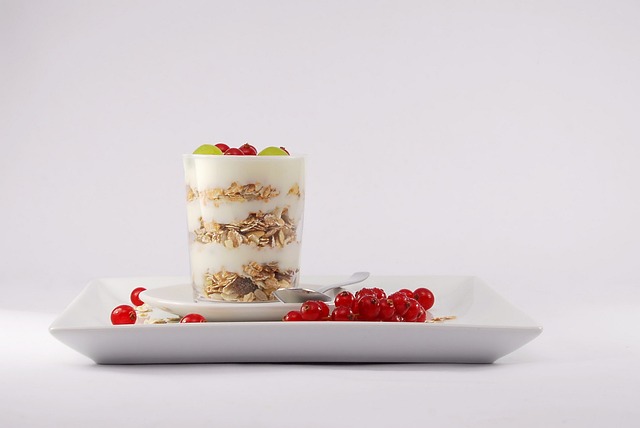Probiotics 101: A Beginner’s Guide to Understanding and Incorporating Them Into Your Life
Welcome to the world of probiotics! If you are new to this topic, you might have heard the term thrown around but aren’t quite sure what it means or how it can benefit you. In this article, we will provide you with a comprehensive guide to understanding and incorporating probiotics into your daily routine.
What are Probiotics?
Probiotics are live microorganisms that are beneficial to your health, especially your digestive system. These microorganisms, typically bacteria or yeast, are often referred to as “good bacteria” since they help maintain the natural balance of organisms in your gut.
Not all bacteria are bad for our health – our bodies are home to trillions of bacteria, both good and bad. The goal of probiotics is to maintain a healthy balance among these microorganisms, supporting your overall well-being.
Health Benefits of Probiotics
Probiotics offer numerous health benefits, particularly for your gut health. They can help:
- Improve digestion and nutrient absorption
- Boost the immune system
- Reduce inflammation and improve inflammatory conditions such as irritable bowel syndrome (IBS) or inflammatory bowel disease (IBD)
- Prevent and treat diarrhea, including antibiotic-associated diarrhea
- Enhance mental health by influencing the gut-brain axis
- Support weight management
Common Sources of Probiotics
Probiotics can be found in various food sources and dietary supplements. Here are some common sources:
- Yogurt: Yogurt contains live bacteria, such as Lactobacillus and Bifidobacterium, which are known for their probiotic effects.
- Kefir: Similar to yogurt, kefir is a fermented milk product rich in probiotics. It has a tangy taste and is a great option for those who are lactose intolerant.
- Sauerkraut: Sauerkraut is finely cut fermented cabbage that offers probiotic benefits due to lactic acid bacteria.
- Kombucha: Kombucha is a fermented tea drink that contains live cultures. It has gained popularity in recent years as a probiotic-rich beverage.
- Kimchi: Kimchi is a traditional Korean dish made from fermented vegetables, such as cabbage and radishes. It is packed with probiotics and adds a delicious kick to meals.
- Supplements: Probiotic supplements are also available in pill or powder form at most health food stores. They can be an easy and convenient way to introduce probiotics into your daily routine.
Incorporating Probiotics Into Your Life
If you’re ready to reap the benefits of probiotics, here are some tips to help you incorporate them into your daily life:
- Include probiotic-rich foods in your diet: Incorporate yogurt, kefir, sauerkraut, kimchi, and kombucha into your meals or snacks. Experiment with different recipes to make them a regular part of your diet.
- Read product labels: When purchasing probiotic supplements, read the labels to ensure they contain a variety of live bacteria strains. Look for products that specify the colony-forming units (CFUs) to guarantee their potency.
- Start slowly: If you’re new to probiotics, introduce them gradually to allow your body to adjust. Start with smaller servings or lower-potency supplements to avoid any digestive discomfort.
- Be consistent: Probiotics work best when taken regularly, so make them a part of your daily routine. Set a reminder or incorporate them into your existing habits, such as taking them with breakfast or before bed.
- Combine probiotics with prebiotics







